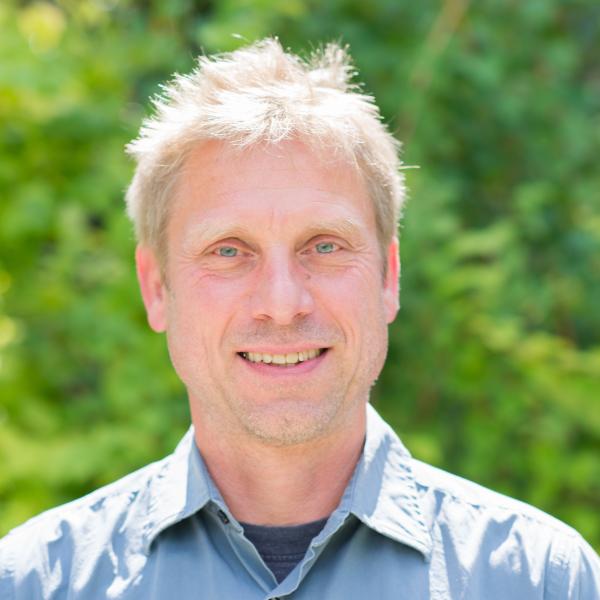
Martin Storksdieck
Martin Storksdieck
Martin Storksdieck is the director of Oregon State University’s STEM Research Center, and a professor in OSU’s College of Education. The Center consists of a team of dedicated professionals of various disciplinary backgrounds who conduct applied research on STEM education and science engagement at the intersection of research, policy and practice, with a strong focus on equity and social justice. The aim is to align understanding of how all people learn throughout the lifespan, in formal and informal settings with evidence-based strategies for STEM engagement and STEM education. Martin has more than 25 years of experience with educational research and evaluation in STEM-related fields and in environmental and sustainability education. Prior to joining OSU, Martin directed the Board on Science Education and the Roundtable on Climate Change Education at the U.S. National Academy of Sciences. Currently, he serves on the Science Advisory Boards for the National Oceanic and Atmospheric Administration (NOAA) and the Leibniz Institute for Science and Mathematics Education in Kiel (Germany). He is also the Chair of Trustees for TERC, a nonprofit R&D organization in Cambridge, MA and serve as a board member of the Tree Media Foundation in Los Angeles, CA. Previously, he served on the boards of the Citizen Science Association and the Visitor Studies Association. Martin is an elected fellow of the American Association for the Advancement of Science. He holds Master’s degrees in biology and public policy and a Ph.D. in education.
Projects:
- Gulf of Maine Research Institute LabVenture (2018-2023)
- InclusiveExcellence@OSU (2018-2022)
- Innovations in Development: Building Supports Towards a Useful, Usable, and In-Use Framework of Professional Competencies for the Informal STEM Learning Field (2022-2025)
- L'SPACE (2019-2025)
- NASA Earth Science Education Collaborative (NESEC) (2018-2025)
- The Circuit: A Platform for Increasing Access to, Deepening and Researching Patterns of Family and Adult Participation in Informal Science (2019-2023)
Past Projects:
- AAAS Science of Team Science (2016-2018)
- AR Girls: Augmented-Reality Targeting Science (2018-2020)
- Authenticity of Sources in Data Visualization: How Real Do We Have To Be? (2015-2016)
- Bringing the Universe to America's Classrooms (2016-2020)
- CAISE Evaluation (2016-2021)
- Collaborative Research: An Evidence-based Informal STEM Learning (ISL) Professional Framework (2015-2017)
- Convergence Accelerator Phase I (RAISE): Analytics-Driven Accessible Pathways To Impacts-Validated Education (ADAPTIVE) (2019-2020)
- Corvallis School District Tablet Evaluation (2016)
- Curiosity Machine (2017-2019)
- Developing Integrative Manufacturing and Production Engineering Curricula That Leverage Data Science (IMPEL) (2019-2022)
- Examining the Role of Authenticity in Informal Science Learning (2019-2021)
- Explorer at Large Pilot Implementation (2017-2018)
- GLOBE: Citizen Science Needs Assessment (2017-2018)
- On-the-Spot Assessment to Improve Scientist Engagement with the Public (OTS) (2018-2021)
- Oregon STEM Hub Evaluation (2016-2019)
- Research and Development on Understanding STEM Identity Using Live Experiences (2017-2020)
- STEM Beyond School (2016-2021)
- STEM Matters: Investigating the Confluence of Visitor and Institutional Agendas (2016-2020)